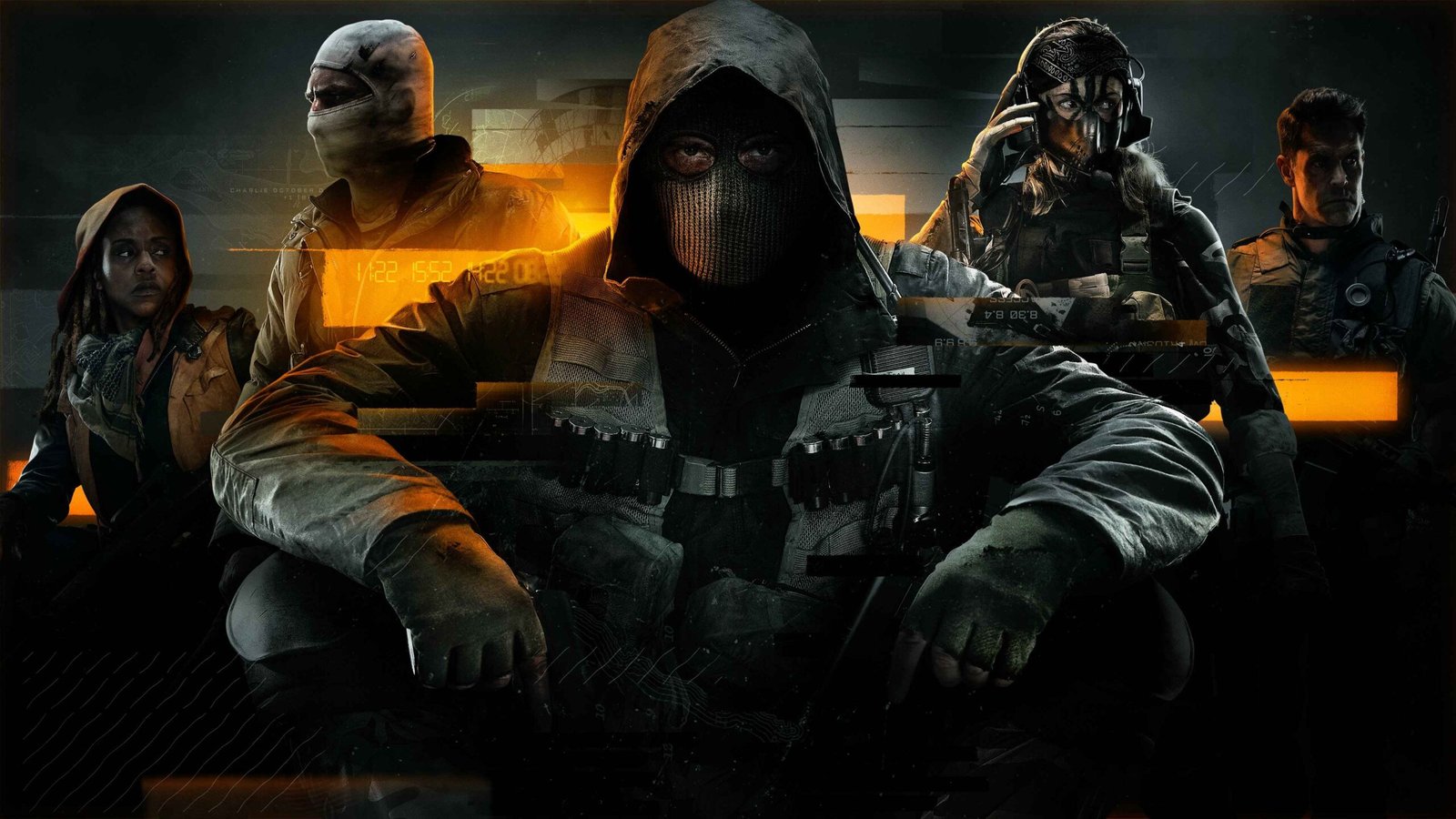
Call of Duty: Black Ops 6 introduces a controversial new feature: the ability to use enemies as human shields in multiplayer mode. This mechanic, carried over from the campaign, offers a tactical edge but has also raised concerns about its potential to foster toxic behavior.
One of the most debated aspects is the addition of voice chat interaction between the attacker and the victim. This feature allows players to communicate in real-time during a human shield scenario, which could lead to a rise in toxic behavior. Imagine being grabbed as a shield and then hearing your opponent taunt you over voice chat—this creates an environment ripe for potential harassment and psychological manipulation. As someone who enjoys the fun in first person shooter games or any shooter games at all, I can see the potential negativity that players might experience during these encounters. While voice chat can be turned off, its presence alongside the human shield mechanic heightens the risk of negative player interactions. I also think it’s okay to note that there are some various aspects of fun and the positive side of this feature.
The Strategic Use of Human Shields
From a gameplay perspective, the human shield mechanic adds a new layer of strategy. Players can use an enemy as a temporary shield, potentially altering the course of a firefight. This feature could introduce more tactical decision-making, as players might weigh the risks and benefits of capturing an opponent versus going in for the kill. However, the strategic depth this mechanic offers comes with the risk of misuse, particularly in the high-stakes, competitive atmosphere of multiplayer games.
The voice chat interaction further complicates this dynamic. In theory, it could be used to coordinate with teammates or negotiate with opponents, adding a psychological element to gameplay. However, in practice, it’s likely that many players will use it to demean or mock their captives, especially in the heat of battle. This could create an environment where the human shield mechanic is less about strategy and more about asserting dominance over other players. I know for a fact that most players in this space don’t care about strategy, because personally I might actually have to troll other players with it.
Concerns About Toxicity
The potential for toxic behavior is a significant concern for the Call of Duty community. Multiplayer games are often intense, and the ability to directly communicate with an opponent while holding them as a human shield could lead to situations where players are subjected to verbal abuse. This is particularly worrying in a game with a large and diverse player base, where interactions can vary widely in tone and intent.
The developers will need to consider how to mitigate the risks associated with this feature. One possibility is to offer more robust options for players to mute or block others, ensuring that voice chat does not become a tool for harassment. Additionally, the community will play a crucial role in shaping how this feature is used—if players collectively reject toxic behavior, it could help create a more positive environment.
The Role of the Beta
The upcoming Open beta for Black Ops 6 will be a critical testing ground for the human shield mechanic and its associated voice chat feature. During this period, players will have the opportunity to experiment with the new mechanics and provide feedback to the developers. This feedback will be essential in determining whether the feature is balanced and whether it contributes positively to the multiplayer experience.
The beta will also give the developers a chance to address any issues that arise, whether through adjusting the mechanics, offering new player settings, or even rethinking the feature altogether. The response from the player community will likely shape the final implementation of the human shield mechanic and voice chat interaction.
Conclusion: A Mechanic with Potential and Pitfalls
The human shield mechanic in Call of Duty: Black Ops 6 is a bold addition to the multiplayer experience, offering new tactical possibilities while also posing significant challenges. The inclusion of voice chat interaction adds a layer of complexity that could either enhance or undermine the feature, depending on how it is used by the player base.
As the game moves closer to release, it will be essential for both developers and players to approach this mechanic with caution. If implemented and used responsibly, it could add a unique dimension to gameplay. However, if it becomes a tool for toxic behavior, it could quickly become one of the most controversial aspects of the game.
Ultimately, the success of this feature will depend on how well it is balanced within the broader context of Black Ops 6 and how the community responds during the beta testing phase. Whether it becomes a beloved tactical tool or a source of frustration will be determined in the weeks and months to come.
So what are your thoughts on this new feature? Will it be fun to use among friends and random players or creates a toxic environment? Let us know in the comments!